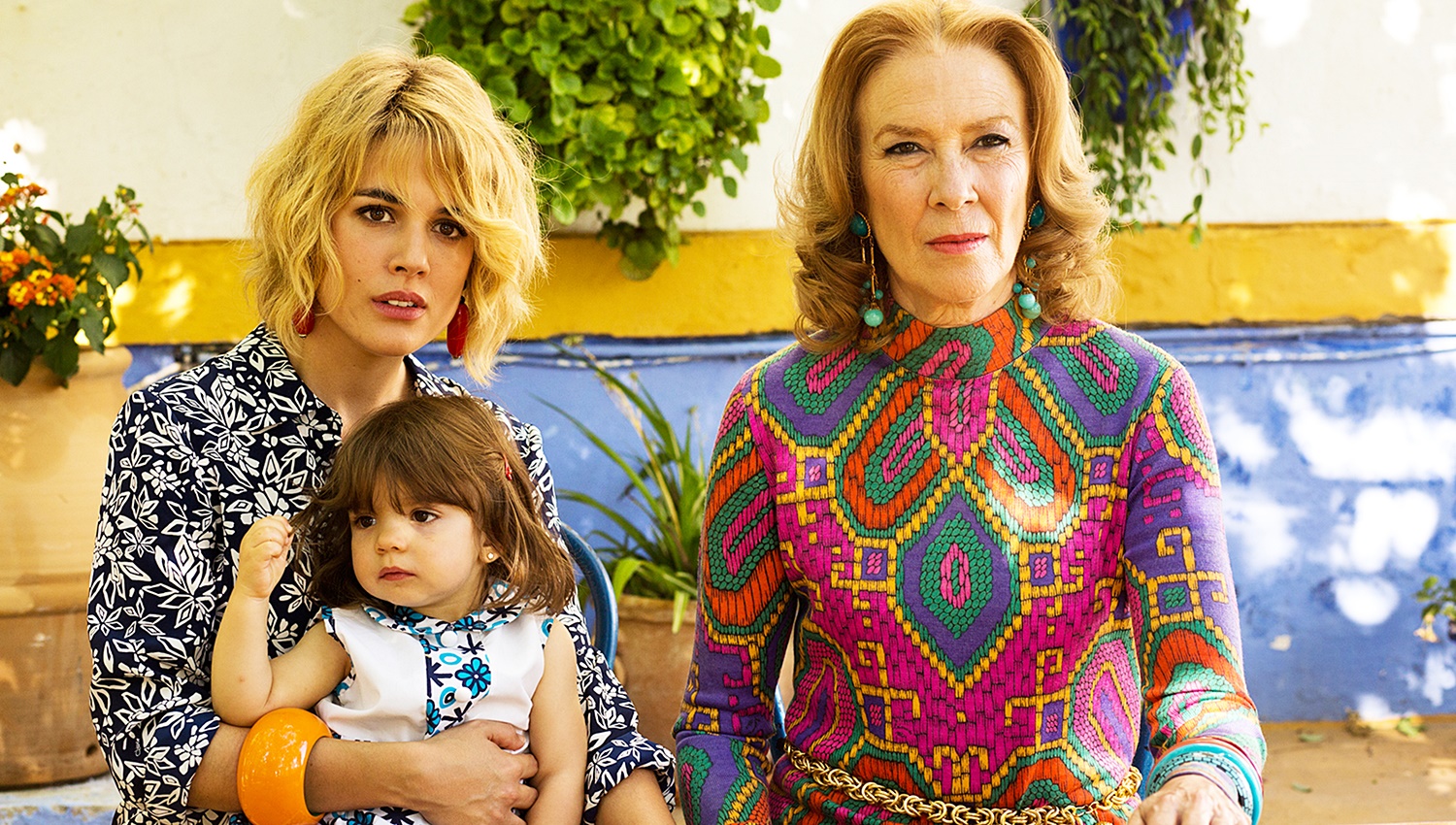
Julieta
Dustin Chase
It’s the 20th feature film from the controversial and highly regarded Pedro Almodóvar, and a return to drama for the Spanish filmmaker. It’s been three years since Almodóvar campy I’m So Excited went down in flames with critics and audences. He also recoils from using such internationally well-known actors in Julieta. The narrative takes us on an adventure that slowly builds intrigue as a young woman lives a life of romance, mystery, sadness and eventually regret. Almodóvar paints quite a vivid picture, as usual throwing his signature lipstick red color in every corner of the film. He has some commendable references to 90’s Hollywood actresses Sharon Stone and Kim Basinger to get the symbolism and tone for Julieta’s character historically grounded.
On a train home, a young Julieta (Ugarte) is creeped out by a man sitting in her cabin. She makes her way to the dining car, where she meets the charismatic Xoan (Grao) and becomes enthralled in conversation. Having cared for his imobalized wife for year, the young man is looking for a break in her bedside The two have a passionate encounter on the train, that leads to an invitation to his home weeks later. Upon arrival, Julieta learns Xoan’s wife has passed and receives a chilly warning from house maid Marian (Rossy de Palma) to get back on the train. Julieta ignores the warning, begins her life with Xoan, and they welcome their first child Ava. After a fight regarding indiscretions, Xoan takes his beloved boat out fishing during a terrible storm and the lives of Julieta and Ava are never the same.
Julieta is tame subject matter compared with Almodóvar’s previous work, but also more subdued work from the filmmaker which might be disappointing for those expecting a rousing or lavish experience.
It’s a glorified soap opera, which isn’t all that shocking coming from Almodóvar, it’s just that this one doesn’t have outrageous or superfluous elements distracting from the plot. In the early moments, aside from staring at Adriana Ugarte’s beauty, I wondered when Julieta would begin to feel more “Almodóvar”. It takes nearly half the film, but the script, which is based on Alice Munro short stories, does get more curious as characters’ cheat, die, disappear and then reappear. Halfway through the film, the actress playing a young Julieta in the past is traded for Emma Suárez who is the modern version of the character. Ugarte gets to play the title role at her most vivacious and positive, while Suárez’s Julieta is very different.
Without spoiling some of the films more dramatic moments, too often Almodóvar asks the audience to buy into scenarios that ring false or unrealistic. He also gives extremely subtle hints to relationships that end up being actually what a savvy movie-watcher will expect which often curtails the suspense. It’s no Volver, which I consider Almodóvar’s best work, a film that even broke into the best actress race at the Academy Awards that year. Julieta is tame subject matter compared with Almodóvar’s previous work, but also more subdued work from the filmmaker which might be disappointing for those expecting a rousing or lavish experience. As far as the foreign film competition, Spain’s entry fails to stand out among more vigorous entries from other countries.
Final Thought
Almodóvar’s moderately compelling film is a more subdued effort from Spain’s most colorful auteur.
